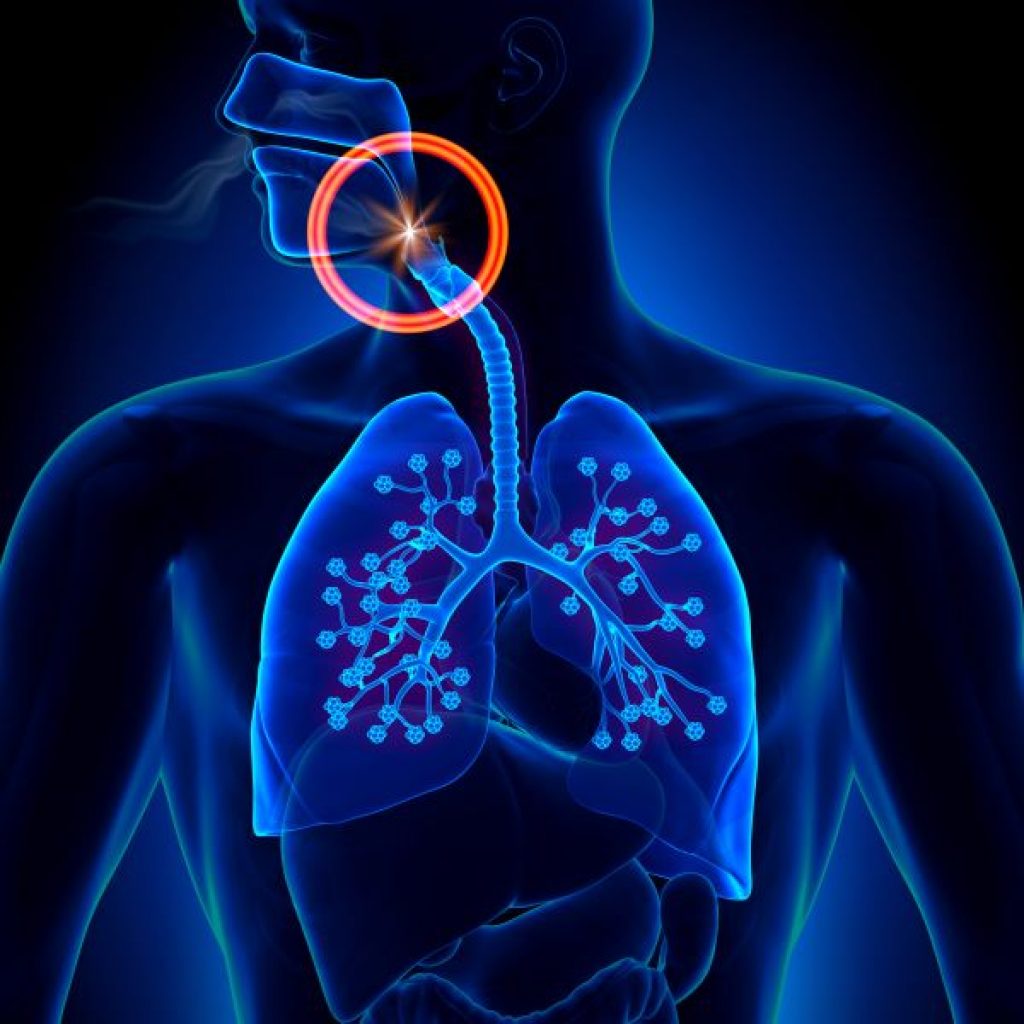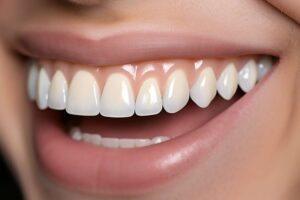
How To Detect Sleep Apnea, Do You Have Any Of These Symptoms?
The National Sleep Foundation recommends that adults sleep seven or more hours each night to promote alertness, physical well-being and good mood. Children, teens and older adults need even more sleep than this to feel their best and function at their best.
Related Topics (Sponsored Ads):
Sleep apnea is one of the most common sleep disorders, which means it’s also one of the least understood. It happens when someone’s breathing temporarily stops while they’re sleeping.
Breathing pauses can occur many times each night, sometimes for a few seconds and sometimes for several minutes.

Who Does It Affect?
Although it can happen at any age, sleep apnea most often begins in childhood. In teens and adults, obesity is the number one risk factor for this condition. So even if you’re not sure whether you have sleep apnea, your doctor will ask about your weight because excess pounds put extra pressure on the throat.
What Are The Symptoms?
Most people with sleep apnea don’t know they have it. There’s often a misperception that snoring is normal and nothing to worry about, but in fact it can be a sign of sleep apnea. People who stop breathing repeatedly during their sleep will actually stop breathing for short periods — even seconds — while they doze. If this happens to you, you’ll probably snort or gasp and open your eyes for a few seconds while slipping back into deeper sleep. This cycle of not breathing and then awakening can repeat itself throughout the night.
People with normal breathing stop these breathing pauses when their bodies are briefly aroused from sleep, but people with sleep apnea don’t. You may not remember these arousals and might not be aware of them, but family members and bed partners will notice them because they can be loud and raucous.
The biggest concern with sleep apnea is that it disrupts normal sleep — often without the person knowing it. This lack of quality rest may lead to:
● Chronic fatigue and/or excessive daytime sleepiness ● Mood changes, such as irritability or depression ● Problems concentrating and paying attention ● Impaired memory and judgment ● Poor performance at work or school ● Sexual problems (men) ● Heartburn (women)
What Causes It?
Sleep apnea occurs when the muscles of the throat and tongue relax to such an extent that they block the upper airway. This can happen when the muscles in the throat (pharynx) or those controlling the openings of the passages between your nose, mouth and throat are loose or relaxed during sleep.
The most common type is obstructive sleep apnea, where tissue in the back of the throat collapses during sleep and completely blocks airflow, which causes a pause in breathing. This condition is more common in older adults because the tissues in their throats naturally become flabby with age.
How To Recognize Sleep Apnea?
People who suffer from obstructive sleep apnea may or may not be aware that they stop breathing while they sleep. However, others who share the same bed can hear them struggling to breathe clearly and can actually see their chests heaving as they attempt to inhale.
In addition to snoring and excessive daytime sleepiness, other symptoms of obstructive sleep apnea may include:
• Memory problems
• Mood changes such as irritability or depression
• Problems paying attention or keeping your mind on what you are doing
• Cravings for sugar and increased appetite
• Constantly falling asleep during the day (but not feeling refreshed when you wake up)
• Breathing cessation during sleep, chronic fatigue, headaches in the morning, choking or gasping for breath after going to bed at night or napping
• Excessive snoring that either stops or changes in loudness when you change sleeping positions
• Periodic limb movement disorder, which causes your legs to kick and jerk while you sleep
• Restless leg syndrome.
Do You Think You Might Have Obstructive Sleep Apnea?
Take this simple test:
1. Are you male?
2. Do you snore loudly or do you stop breathing momentarily while asleep (sleep apnea)?
3. Have others observed that your breathing has stopped while you sleep?
4. Do you have excessive daytime sleepiness or fatigue?
5 Do you think that your restless legs or constant need to move your legs is related to your snoring or apnea?
6. Are you overweight?
7. Does your neck circumference measure greater than 16 inches for men and greater than 14 inches for women?
8. Do you have high blood pressure (hypertension)?
9. Is your partner’s snoring keeping you awake at night?
10. Have others observed that your tongue or throat tissues block your airway while you sleep so that they hear gurgling sounds when you breathe, feel vibrations of your loud snoring or hear you struggling to breathe?
11. Do you wake up with a headache?
12. Do you often feel tired or fatigued during the day?
13. Do you have mood swings such as irritability or depression?
14. Do you have frequent problems concentrating or memory lapses?
15. Do you crave sugar or drink excessive amounts of caffeinated beverages?
If you answered “yes” to several of these questions, discuss your symptoms with your health care provider. You may be suffering from sleep apnea and could benefit from treatment.
Related Topics (Sponsored Ads):
Discover More






